By Sirjan Kaur
It’s been 90 days since farmers started protesting against the three notorious farm laws at the borders of Delhi; the farmers continue to stand, undeterred. Braving the bone-chilling north-Indian winters, they now welcome the blossom of spring, but their struggles have only mounted with time. Police barricading has increased, force deployment has multiplied, and what was previously the borders between two states, now seem to be one between two nations. The farmers, however, continue to remain in high spirits, their flowers have replaced the iron nails of the police, their smiles have cut through the cold attitudes of the administration, and their determination has overcome the government’s use of force.
Notes from the Singhu Border
Walking through the tractors and trolleys at the Singhu border, I have seen many faces, but none expresses gloom or despair. There is strength and resistance in everyone’s eyes and not even a single person sitting at the borders should be presumed to be weak-hearted. It’s not for the weak-hearted to sit out on the roads during the cold winter nights, it is certainly not for the weak to camp out for nearly three months, away from their homes and maintaining high spirits in the wake of multiple adversities.
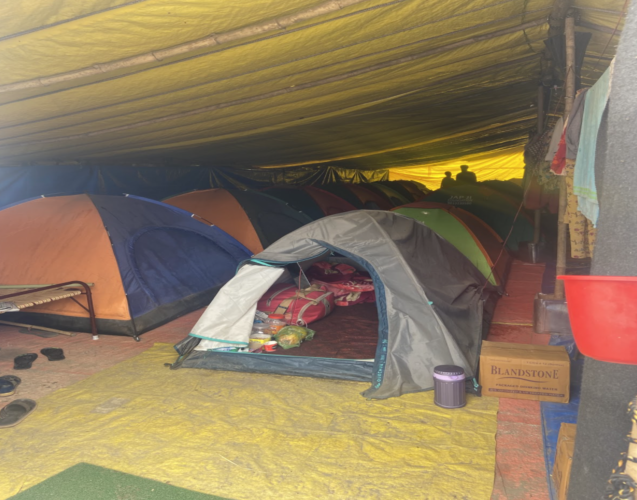
While one might think that government investigations, police crack-downs, goon attacks on protest sites would have shaken the protestors, the opposite has happened.; the spirits and vigilance of the people have only deepened.
There is an increased sense of prudentness at the protest sites. The number of young men standing guard during the night has increased, for instance. Here, everybody stands for each other. Nowhere and at no time is there a sense of danger or loneliness at the morcha (protest), it’s a family of thousands- connected not by blood, but by a common cause, a common root, and a spirit to resist
My time at the border is spent volunteering at a medical distribution camp. When i’m not volunteering, I find time to speak with protestors. It’s in this way that I have met people from various parts of the country.
Harbhajan Kaur – Memories of Partition
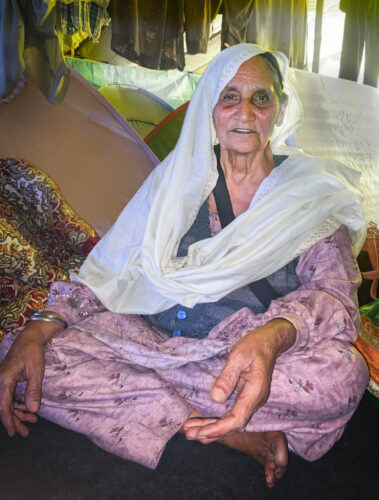
The expanse of morcha (protest) is such that one can walk through the streets each and every day and still not know the space completely – it is evolving daily. I see more and more trolleys coming in everyday. During one of my evening strolls, I came across a night shelter for female protestors. On entering, I was greeted with warm smiles and of course, something to eat! There I met Harbhajan Kaur Ji, who is widely referred to as “Bibi Ji” by the other occupants of the shelter. Bibi Ji, 90 years old and hailing from Gurdaspur District, Punjab, had been present at the morcha (protest) for the past two weeks. Of all the conversations I have had at the morcha (protest), this one was particularly long.
Partition
Bibi Ji started by talking about her memories of the 1947 Partition of Punjab, a time when she was merely 13 years old. She was burdened with the obligation to leave her home in West Punjab (now Pakistan) and then, continued to move from one place to the other in the coming months. To add to her struggle, she lost her mother amidst all of this, so as the eldest, she had to tend to the needs of her younger siblings. Bibi Ji went on to talk about her family and their farm lands- a vast amount of which was lost during Partition.
I realised that while I had not asked her about Partition, these are memories which cannot be forgotten, and inevitably find their way into the conversation. Despite the hardships she had gone through in her life, not once could I spot even a single expression of worry or despair on her face.
Sikhi
The reason behind her conviction I soon learned was her Sikhi; she brought out her kirpan to show me. “I was illiterate initially, but then I accepted Amrit about 30 years ago. That marked a turning point in my life. I learnt Gurmukhi and now I recite the Panj Bania everyday at Amritvela,” said Bibi Ji with a sense of pride in her eyes.
In this instance, I found the answer to a question many wonder, “How is it possible for the farmer agitation to last so long and to be in perfect synchronization?” The answer lay in Harbhajan Kaur’s statement: It was their life, the way they have learnt to live, and the way in which the Baani inspires them. Our Sikh history has fueled each and every individual with such a sense of valour that hardships, especially material ones, don’t concern those born on the land of sacrifice.
Bhupinder Kaur – Punjabi Legacy
As we were chatting, Bhupinder Kaur (50 years old), who is also from Gurdaspur She belongs to a family who has been in farming for generations. She had been at the protest site for nearly a month now. Keenly listening to my conversation with Bibi Ji, she added, “I cannot feel anymore grateful to have been born as a Sikh, and further, in the land of Punjab. If I am to be born again, I only pray to be born as a Sikh and a Punjabi. There’s so much we owe to our history and culture, it is on this account that we are even able to stand up for our rights today.”
Talking about community participation, Bhupinder Kaur talked about how there is support from each and every individual in the village. “There are multiple buses leaving our village [for Delhi] every few days. Everyone wishes to express their support for the movement and at the same time register their dissent against the laws. Those still in the village are sending essential goods to the borders. Just yesterday, two trollies full of dry ration arrived here from our village. When villages are united in this fight, how can the Modi [Prime Minister]-Shah [Minister of Home Affairs] duo destroy us?”
Punjab in our Hearts
As someone born and brought up in Delhi, I did not know the Punjab beyond our yearly Gurdwara visits, but this morcha has given me space to form a connection with the land to which we all belong. No amount of day trips or history books can do justice to this glorious land. It is the people who carry along with them the magnificence of the land. The Punjab in which we had been residing, now resides in our hearts.
Personal Note:
Those sitting on the borders of the capital are determined and have a commitment to their cause and struggle. I believe it is equally important for those raising awareness to show an equal amount of commitment to the cause.
At a time when misinformation and disinformation is rampant and when those in power are trying to deligimitalise the movement and divert attention from the core issues, it is important for us to arm ourselves with factual information.
This morcha is nothing less than a revolution which will be recorded in the pages of history, and I wish for the world to know that. I feel the morcha is our chance as a community to make sure we are headed in the right direction. I hope it will yield positive results in the future.
As long as the laws stay, the people are determined to sit at the borders. A revolution of and by the people, this hopefully shall bear fruits of success.
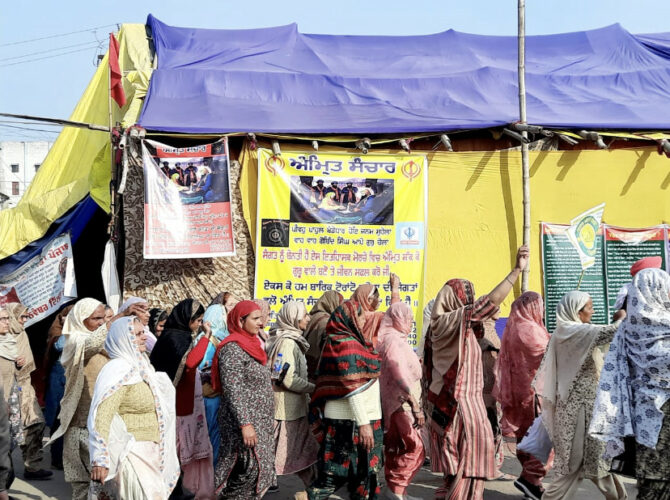
About the Author
Sirjan Kaur lives in Delhi and is currently volunteering at the borders of Delhi to support the Farmers Protest.

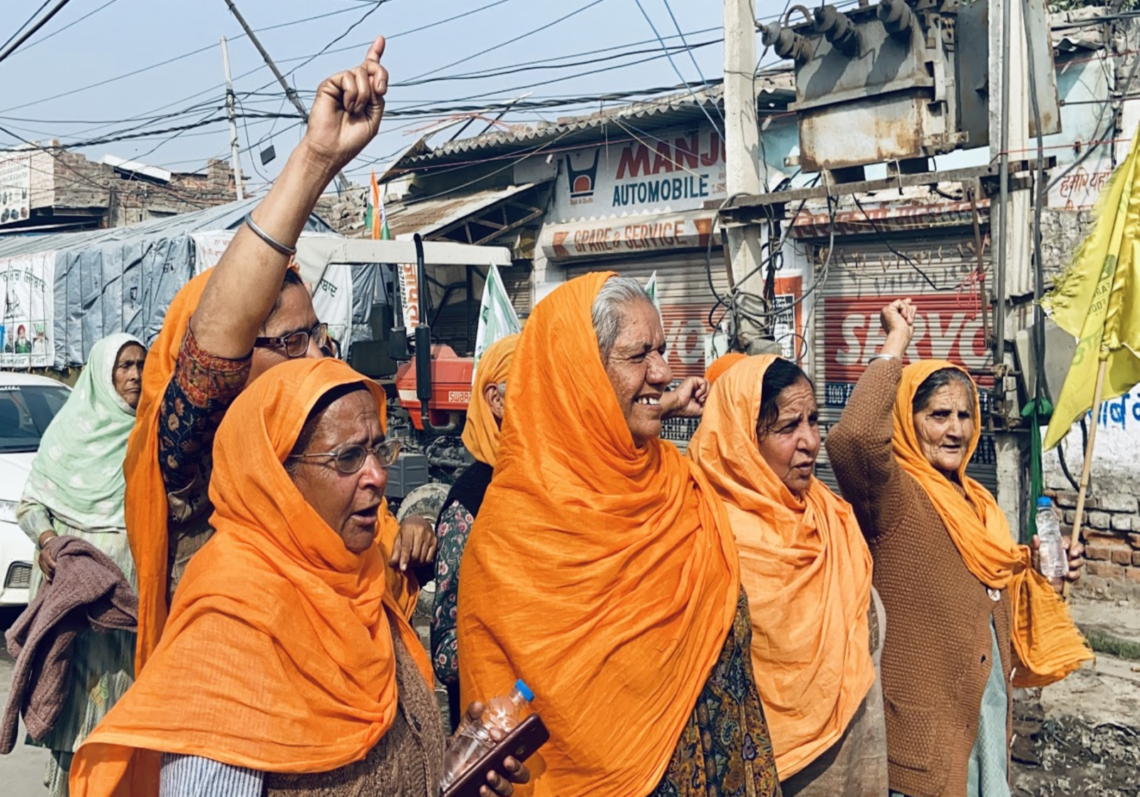
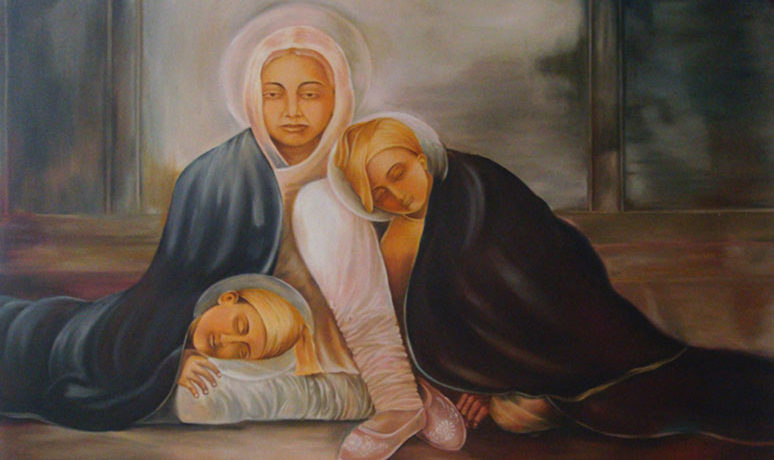
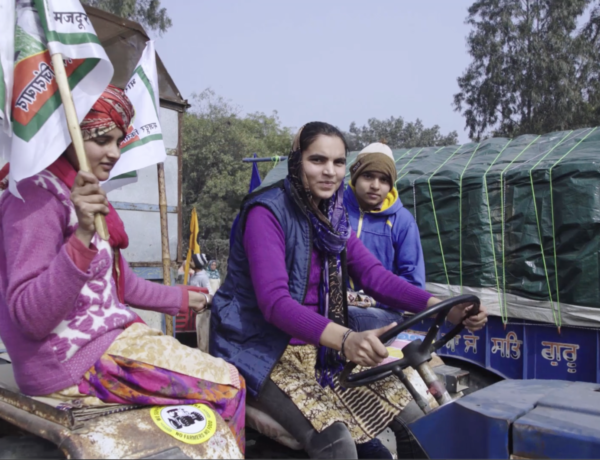
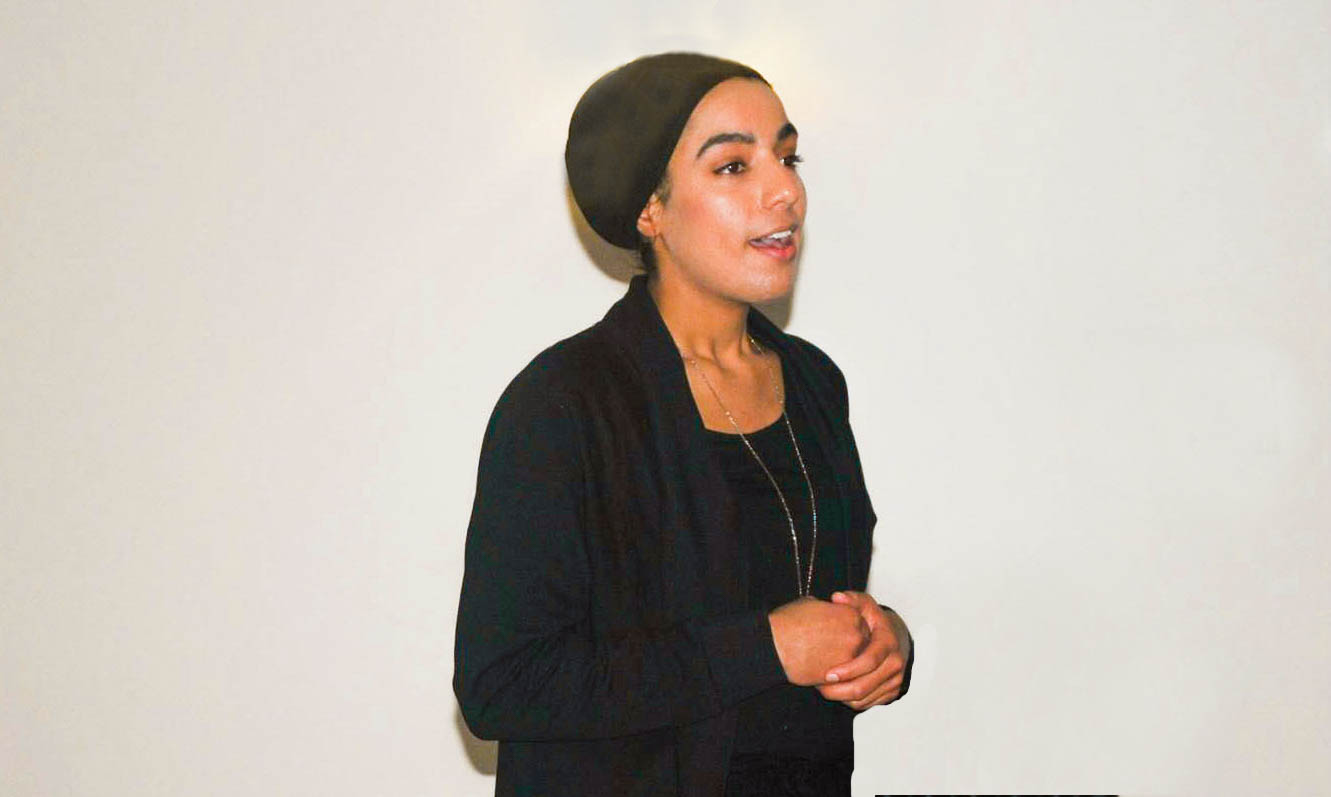
No Comments